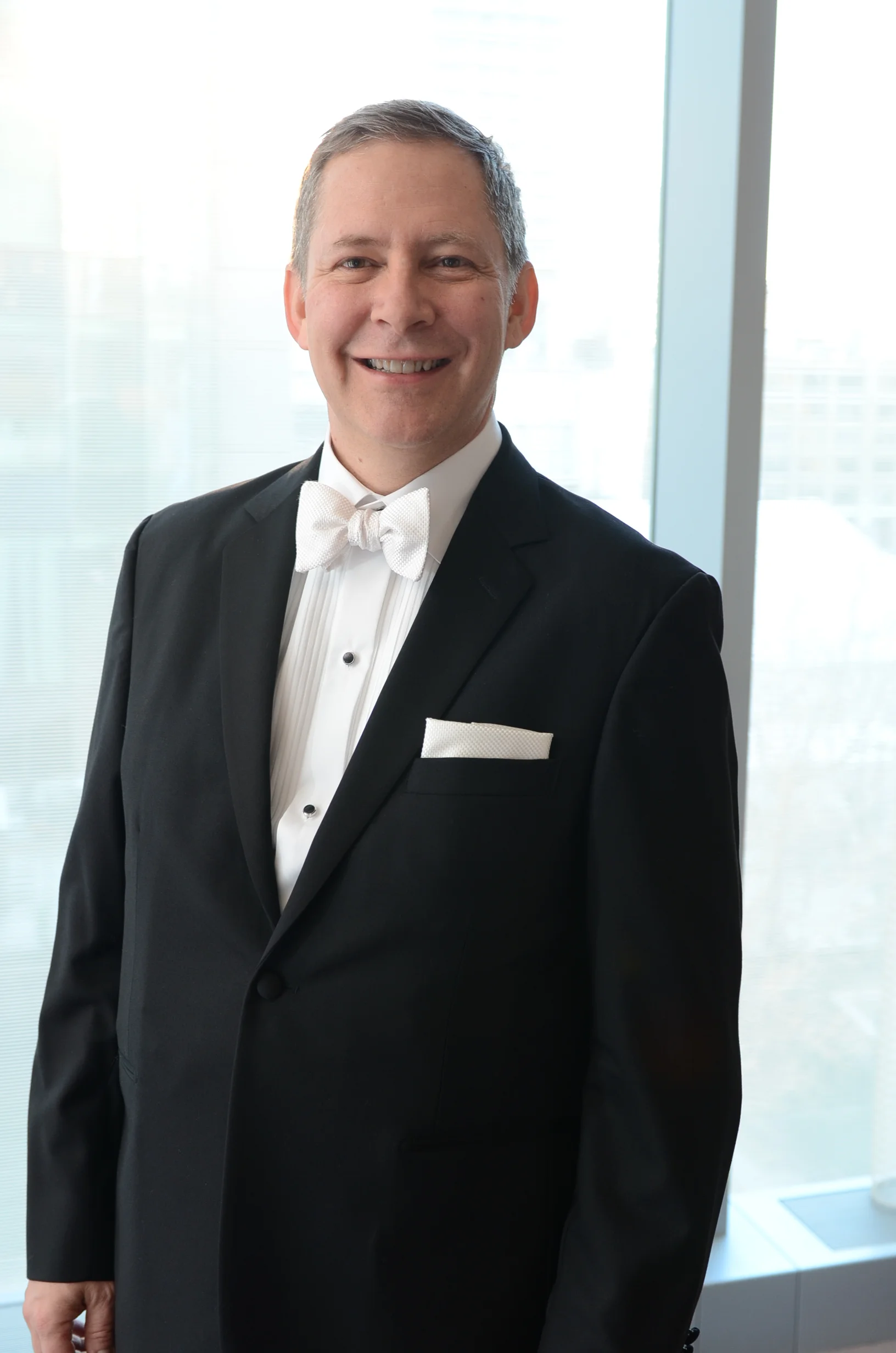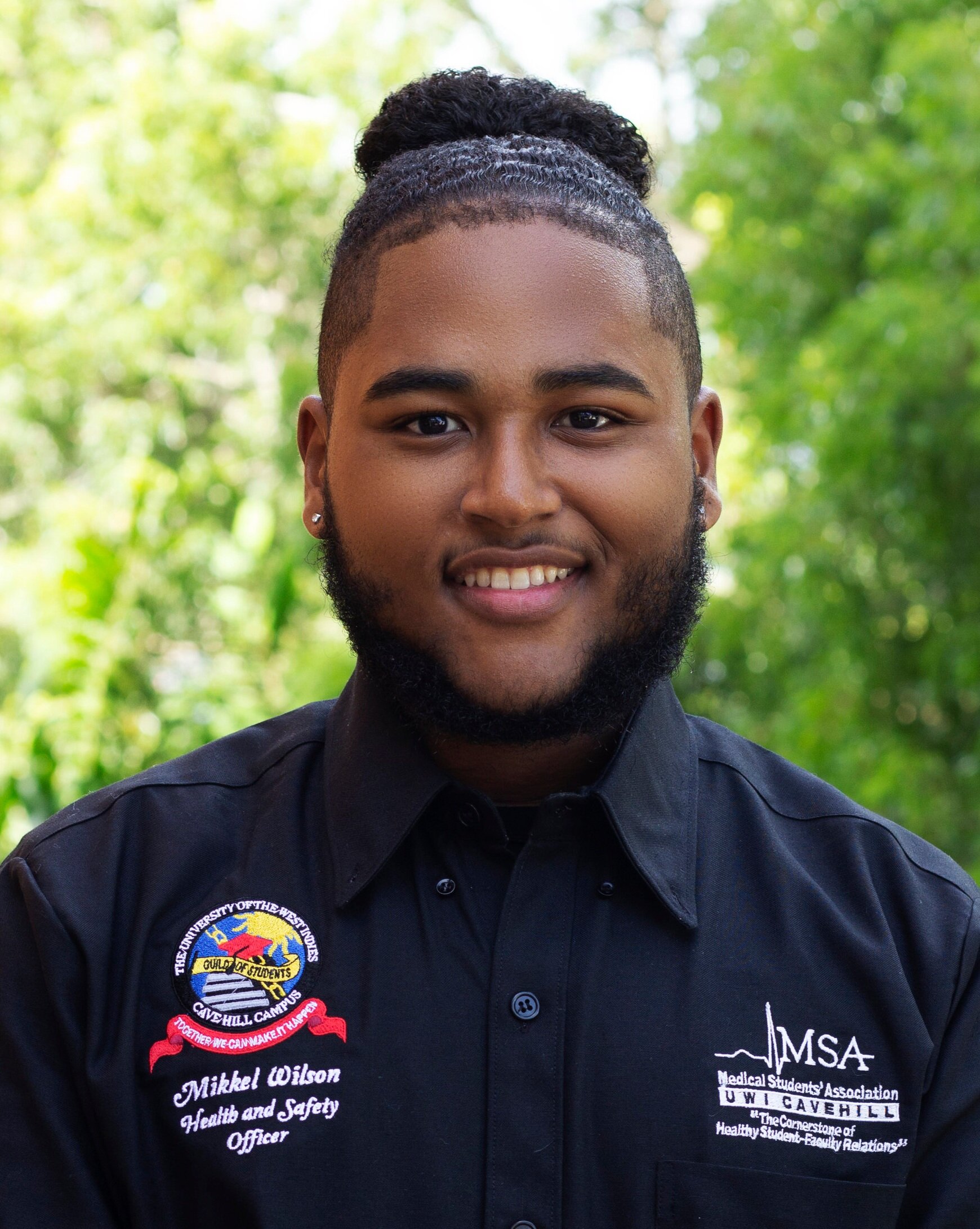UWI urged to help develop Caribbean potential
Having worked and lived in the Caribbean in the last 25 years, Canadian banking executive Bruce Bowen has a clear view of the region’s unstable economic landscape.
He has spent considerable time in the Cayman Islands, Puerto Rico, Jamaica and Trinidad & Tobago, where he resided for three years and met his wife, Suzanne, in the late 1990s. They were married a few years later when he was based in Jamaica.
Bowen served as chief executive officer and president of Scotia Group Jamaica for five years before being promoted in 2013 to senior vice-president of Caribbean International Banking, the region’s largest financial institution that has a close relationship with the University of the West Indies (UWI).
“I believe that the English Caribbean is at an inflection point,” he said at the seventh annual UWI Toronto gala fundraiser in Toronto recently. “As the whole region enters its fifth decade of political independence, the Caribbean, as a society, needs to look inward and ask how we have fared as a region under independence.
“With the exception of Trinidad & Tobago, and they are in recession right now, economic growth has been anaemic through that period. Across the region, there is high unemployment, especially among the youth and that’s disturbing, health care is not what it should be, public safety is a concern in many of the countries, public debt levels are too high and there is insufficient investment in public infrastructure.”
While it would be easy to be pessimistic about the future of the region, Bowen said there is a growing recognition in the Caribbean by politicians and the public and private sectors that the status quo isn’t working and there is a need for some transformational change in the way things are done.
“As I have travelled around, that’s the one thing I have noticed in the last couple of years,” he said. “As a region, we need to start living within our means and we need to develop a sustainable economic model where people can get jobs, earn a living and build wealth for economies to grow. We need an effective and efficient public sector that will deliver quality education, health care and security for the population and we need a collective vision across the Caribbean of a future where all people have the opportunity to work hard, get ahead and contribute to society.”
Bowen believes that UWI, which has had a strong partnership with Scotiabank in the last 50 years, has the capacity to lead a successful makeover.
In addition to supporting the UWI Toronto gala as the lead chair since its inception, the bank provides hundreds of scholarships in the Caribbean and partners with the university on business and entrepreneurial programs. Many of Scotiabank’s executives also lecture part-time at the university where a significant number of its 6,000 staff in the 21 countries it serves in the Caribbean was educated.
“No institution is better placed than UWI to lead the dialogue across the Caribbean about how we need to re-focus our priorities and what we need to do to achieve our potential,” said Bowen who joined Scotiabank in 1990. “No institution is better placed than UWI to break down petty nationalistic barriers that often hold back development across the region. But, most importantly, no institution is better placed than UWI to develop, challenge and motivate the youth of today so that they can become those leaders that are going to grapple with these issues and make the decisions that are truly going to make change in this region.
“But in order to fulfil these mandates, UWI needs our help. Without the support of companies like ours, the bright young people of the Caribbean will not have the opportunity to make a difference in the Caribbean.”
Scotiabank has had a presence in the Caribbean since 1899 when it opened a branch in Kingston, Jamaica to serve the export trade.






